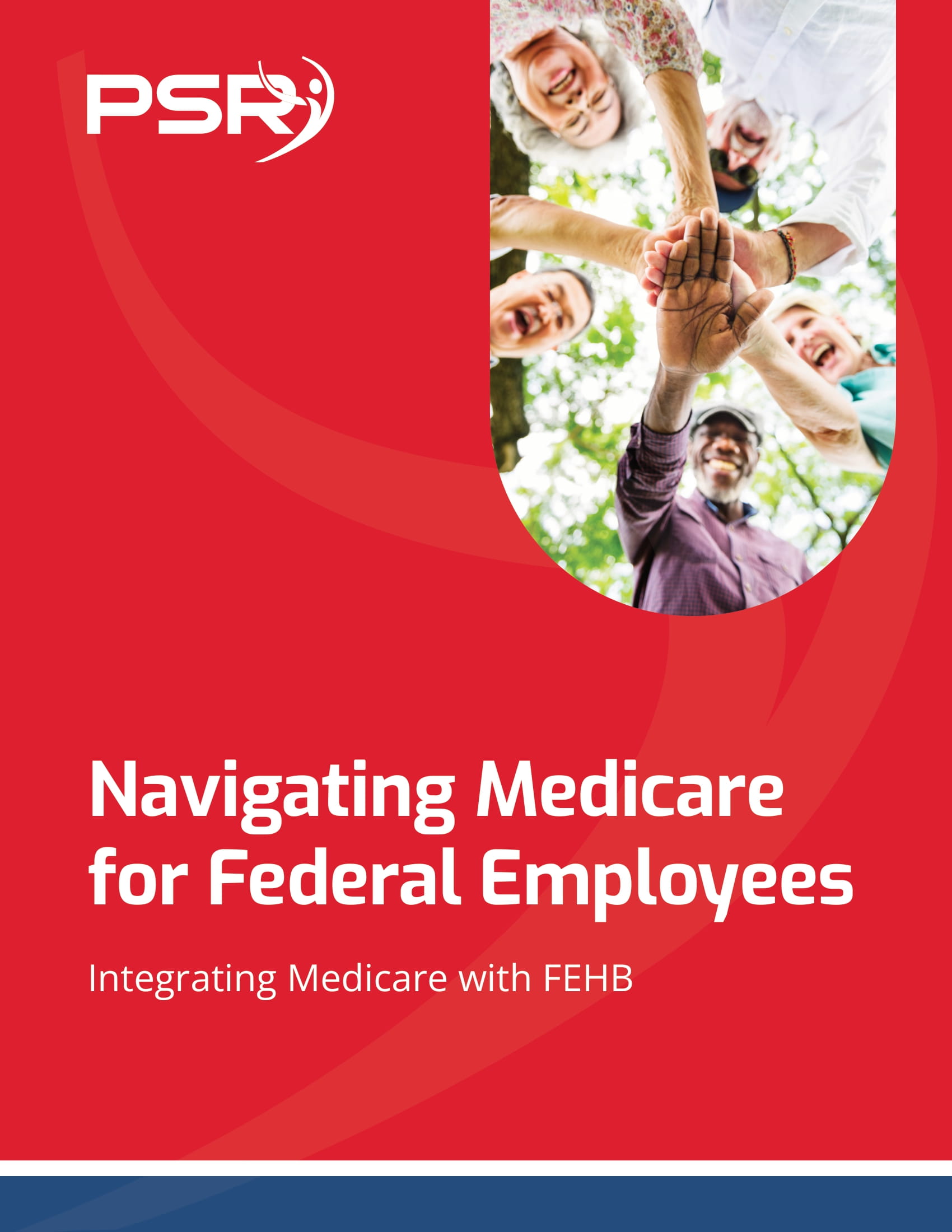Key Takeaways
-
Significant Social Security adjustments in 2025, including a new cost-of-living increase and wage base limits, could reshape your retirement income expectations.
-
Understanding the updated earnings limits and benefit rules in 2025 is critical if you plan to retire early, continue working, or claim benefits this year.
Understanding the Scope of Social Security Changes in 2025
In 2025, Social Security has introduced multiple changes that can influence your retirement timing, income planning, and even your decision to work part-time while collecting benefits. As a government employee, it is essential that you fully grasp how these updates affect your long-term financial security.
Higher Cost-of-Living Adjustment (COLA)
- Also Read: Divorce and Your Federal Pension—What Happens When You Split Assets and How It Could Affect Your TSP
- Also Read: What Happens to Your Federal Benefits After Divorce? Here’s the Lowdown
- Also Read: The Best FEHB Plans for 2025: Which One Fits Your Lifestyle and Budget the Best?
The Social Security Administration has applied a 3.2% cost-of-living adjustment (COLA) for 2025. While this increase helps benefits keep pace with inflation, the real-world impact can vary:
-
If you already receive benefits, your monthly payments have risen starting January 2025.
-
If you are planning to retire this year, your initial benefit calculation will reflect this COLA, but additional timing strategies could optimize your first-year benefits.
-
COLA adjustments do not necessarily offset real inflation in areas like healthcare, so careful budgeting remains necessary.
New Maximum Taxable Earnings Limit
For 2025, the maximum amount of earnings subject to Social Security tax has risen to $176,100. Here is why it matters for you:
-
If your salary exceeds this limit, you stop paying Social Security taxes after reaching it.
-
Your future Social Security benefits are based on your lifetime earnings up to this maximum.
-
Higher earners in public sector roles might hit the limit earlier in the year, slightly increasing take-home pay afterward.
This is a key threshold to track, especially if you are estimating your retirement benefits based on 2025 income.
Full Retirement Age Shifts
If you were born in 1963, your Full Retirement Age (FRA) is now officially 67.
-
Claiming before FRA will permanently reduce your monthly benefits.
-
Waiting beyond FRA can increase your benefits by roughly 8% per year up to age 70.
-
If you are planning retirement around age 62, carefully calculate the tradeoffs of early claims.
With the retirement landscape growing more complex, these age milestones have never been more important.
Updated Early Retirement Earnings Limits
In 2025, if you claim Social Security before your FRA and continue working, the annual earnings limit is $23,480.
-
If you earn more than this limit, Social Security will withhold $1 in benefits for every $2 you earn over the threshold.
-
In the year you reach your FRA, a more generous limit of $62,160 applies, with only $1 withheld for every $3 earned above that amount.
-
After reaching your FRA, there is no earnings limit, and no benefits will be withheld.
You must understand these figures if you are considering phased retirement or part-time work while drawing benefits.
Windfall Elimination Provision (WEP) Repeal
A major change in 2025 is the repeal of the Windfall Elimination Provision (WEP) under the Social Security Fairness Act.
-
Before 2025, many government employees who also qualified for Social Security faced reduced benefits due to WEP.
-
As of January 2025, WEP no longer applies, potentially increasing your Social Security payments if you paid into both Social Security and a separate government pension.
If you were previously affected by WEP, it is vital to reassess your benefit projections immediately.
Changes in Medicare and Their Social Security Link
Your Social Security benefits are also connected to your Medicare costs.
-
The 2025 Medicare Part B premium is $185 per month, automatically deducted from your Social Security check if you are enrolled.
-
Higher-income retirees may face Income-Related Monthly Adjustment Amounts (IRMAA), which increase the Part B premium.
-
Plan for these deductions when budgeting your retirement income.
Monitoring Medicare costs in 2025 ensures that your expected Social Security income matches what you actually receive.
Survivor and Spousal Benefits in 2025
The rules governing survivor and spousal benefits have not fundamentally changed in 2025, but they warrant a fresh review because of the COLA and FRA updates.
-
If you are married or widowed, you may qualify for benefits based on your spouse’s or deceased spouse’s work record.
-
Survivor benefits are also adjusted based on the age at which you claim them.
-
Coordination of your own benefits with spousal or survivor benefits can significantly improve your household income over time.
Strategic claiming decisions should factor in the latest figures to maximize household security.
Delayed Retirement Credits
The value of delayed retirement credits remains strong in 2025.
-
For each year you delay claiming Social Security beyond your FRA (up to age 70), your benefit grows by approximately 8% annually.
-
This increase is especially powerful when combined with the 2025 COLA, meaning future benefits become even larger.
-
If you can afford to wait, delaying can be one of the best ways to secure higher lifetime income.
However, this decision should be made in the context of your health, life expectancy, and other retirement resources.
Disability and Supplemental Security Income (SSI) Updates
The 2025 updates also impact those who rely on Social Security Disability Insurance (SSDI) or Supplemental Security Income (SSI):
-
The Substantial Gainful Activity (SGA) limit for non-blind disabled workers is $1,550 per month.
-
For blind individuals, the SGA limit is $2,590 per month.
-
The federal SSI payment standard for an individual has risen to $943 per month.
If you or a dependent qualify for disability benefits, reviewing these new thresholds is essential to preserve eligibility and income.
Taxes on Social Security Benefits
While the basic rules for taxing Social Security benefits have not changed in 2025, COLA increases can push more retirees over the income thresholds where benefits become taxable.
-
If your combined income (adjusted gross income + nontaxable interest + half of your Social Security benefits) exceeds $25,000 for individuals or $32,000 for couples, part of your Social Security may be taxed.
-
Up to 85% of benefits can be taxable at the federal level, depending on your income.
Careful income planning in 2025 is crucial to minimize unpleasant tax surprises.
Planning Ahead: Why You Need a Fresh Strategy in 2025
Social Security is not a “set it and forget it” program. Especially in 2025, these new figures and rule changes require that you reevaluate:
-
Your ideal claiming age.
-
Whether part-time work is realistic.
-
How your pension or continued earnings affect your benefits.
-
Tax strategies to preserve more of your income.
Working with a licensed professional listed on this website can help you create a coordinated plan that fits your public sector retirement goals.
How You Can Take Action Today
Social Security’s 2025 updates offer opportunities and pose risks depending on your choices. You have the power to make decisions now that affect:
-
The size of your future checks.
-
How much tax you will pay.
-
Your financial flexibility as you age.
If you feel uncertain, or if you want to optimize your benefits fully, get in touch with a licensed professional listed on this website. They can guide you through the nuances, ensuring that you make the most informed and beneficial decisions possible.













